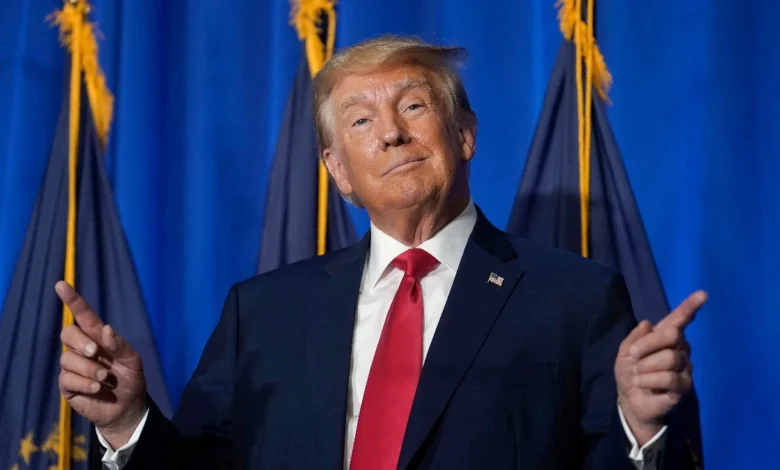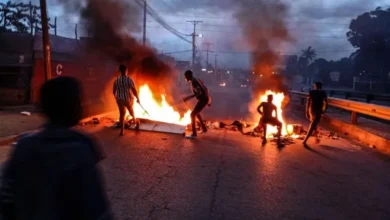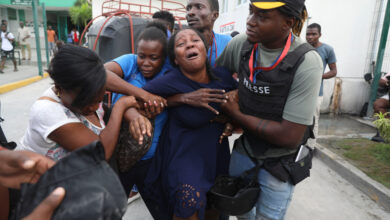Judge to Decide on Trump’s Conviction Appeal Amid Presidential Immunity Debate
Judge to Decide on Trump's Conviction Appeal Amid Presidential Immunity Debate

- Justice Juan Merchan has indicated that he will make his decision by Tuesday
- Merchan will also determine whether to proceed with Trump's sentencing, currently scheduled for November 26
- Trump's legal team argues that the case should be dismissed
A New York judge is expected to rule this week on whether President-elect Donald Trump’s criminal conviction related to hush money payments to a porn star should be overturned, following the U.S. Supreme Court’s July ruling on presidential immunity.
Justice Juan Merchan has indicated that he will make his decision by Tuesday, marking the first of two critical rulings he must issue after Trump’s election victory on November 5.
Merchan will also determine whether to proceed with Trump’s sentencing, currently scheduled for November 26. Legal experts suggest that sentencing is unlikely to occur before Trump’s inauguration on January 20.
A favorable ruling for Trump regarding the immunity issue or a delay in sentencing could significantly impact his ability to return to the White House without the burden of the four criminal cases that previously threatened his ambitions.
Meanwhile, officials at the U.S. Justice Department are evaluating how to conclude the two federal criminal cases brought against Trump by Special Counsel Jack Smith, in accordance with their longstanding policy against prosecuting a sitting president.
Additionally, a separate case in Georgia regarding state charges related to Trump’s attempts to overturn the 2020 election results remains unresolved.
Trump, 78, has pleaded not guilty and maintains that all four cases against him are politically motivated attacks orchestrated by allies of Democratic President Joe Biden to undermine his campaign. “It is now abundantly clear that Americans want an immediate end to the weaponization of our justice system,” stated Steven Cheung, a spokesperson for the Trump campaign.
In May, Trump became the first U.S. president to be convicted of a crime when a Manhattan jury found him guilty of state charges for falsifying business records related to a potential sex scandal before his 2016 election.
He has pledged to appeal the conviction following sentencing.
Trump’s legal team argues that the case should be dismissed based on the Supreme Court’s ruling regarding presidential immunity.
The court determined that presidents are shielded from prosecution for actions related to their official duties and that evidence of such acts cannot be presented in trials concerning personal conduct. This ruling marked the first acknowledgment of any level of presidential immunity from prosecution.
Trump’s lawyers contend that evidence presented during the trial, including his social media posts and testimonies from former aides regarding conversations held during his presidency, compromised the jury’s decision.
In contrast, prosecutors from Manhattan District Attorney Alvin Bragg’s office argue that the Supreme Court’s ruling does not apply to this case, which they assert involves “wholly unofficial conduct.”
New York Law School professor Anna Cominsky stated, “Even if the judge finds that some of the evidence should not have been introduced, it would not have changed the outcome of the jury’s decision, and the court will not dismiss the case on that basis.”
If Merchan decides to uphold the conviction, experts expect Trump’s lawyers to request a delay in sentencing.
Trump faces a maximum sentence of four years in prison after being convicted of 34 felony counts. While experts believe lesser penalties, such as fines or probation, are more likely, a prison sentence cannot be ruled out.





